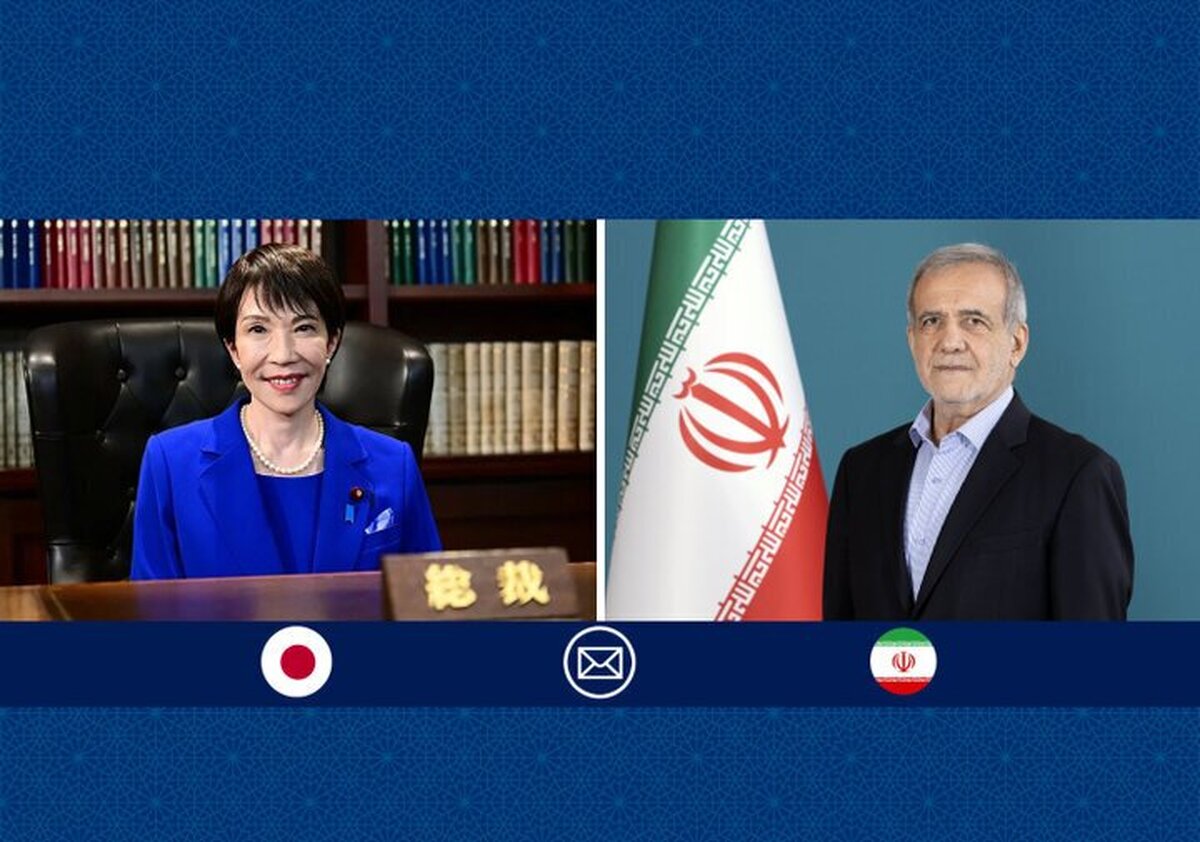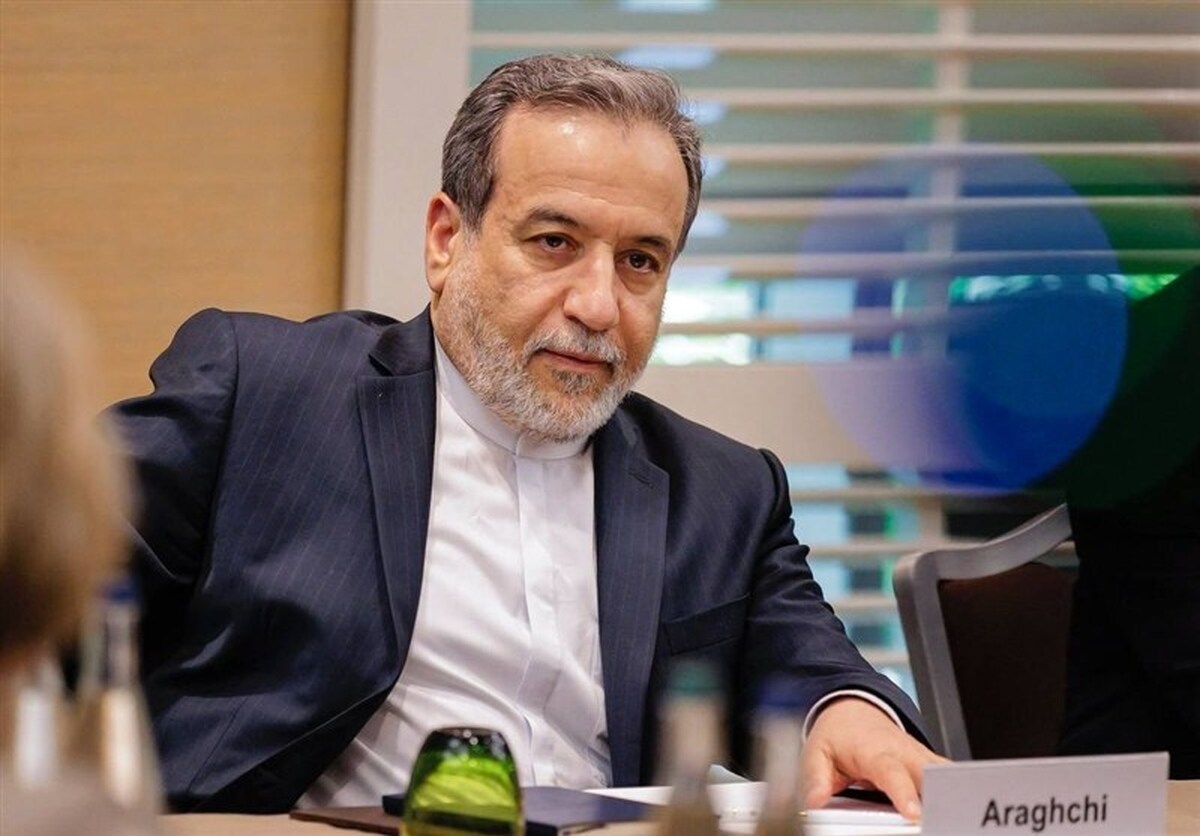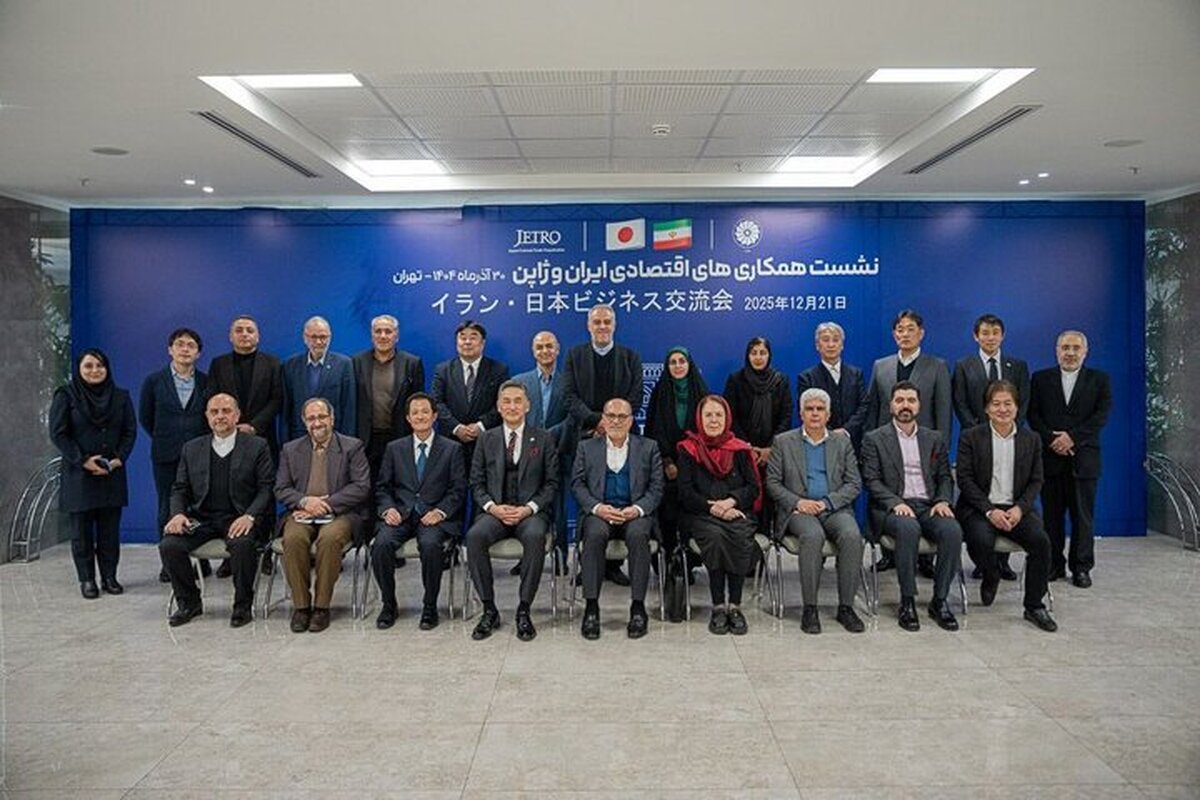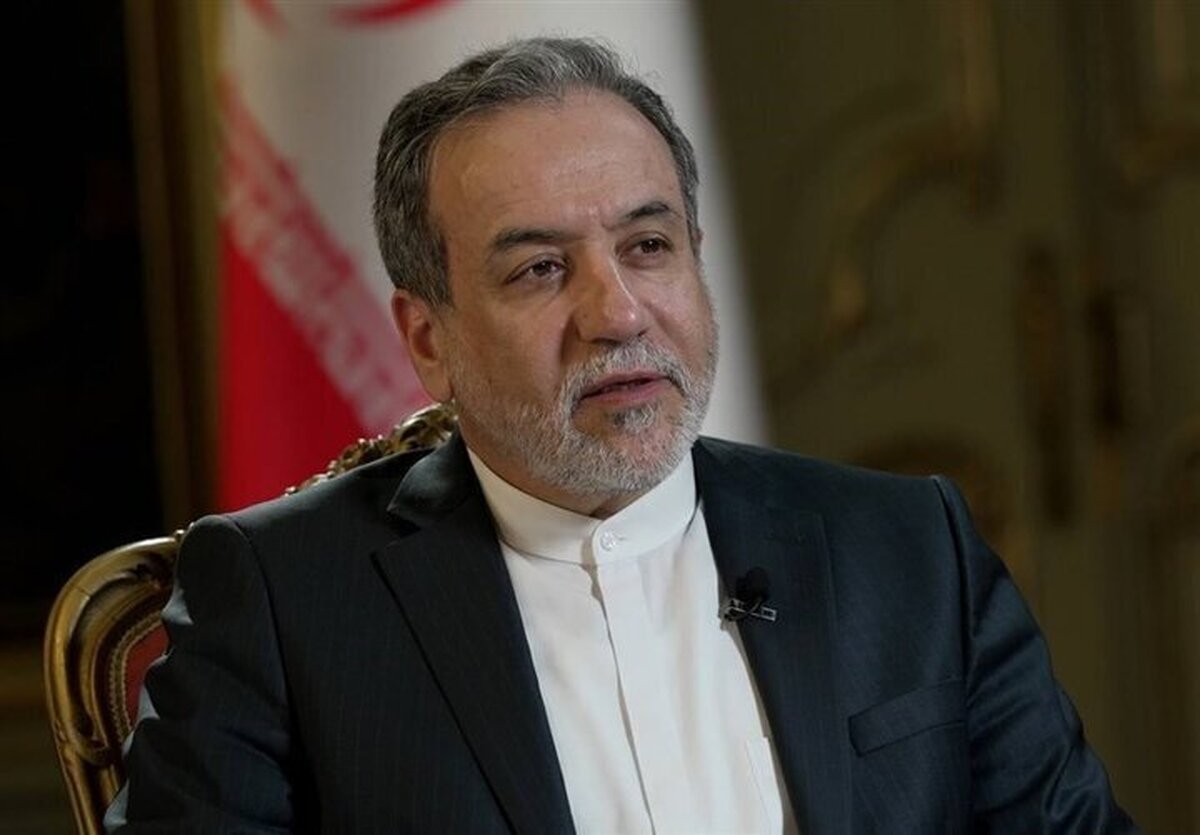
Iran, Japan Can Lead Global Movement to Eliminate WMDs: Araqchi

Iranian Foreign Minister Abbas Araqchi proposed that Iran and Japan could lead a global movement to abolish weapons of mass destruction.
In an article contributed to Japanese newspaper Asahi Shimbun ahead of the 80th anniversary of the atomic bombings of Hiroshima and Nagasaki, Araqchi said that Iran, which was attacked with chemical weapons during the Iraqi imposed war in the 1980s, shares the same suffering as Japan.
He also called for the two countries to "lead a global movement" to eliminate weapons of mass destruction, including nuclear and chemical weapons.
What follows is the text of his article:
A Shared Legacy of Suffering: Why Iran and Japan Must Join Hands to End WMDs?
As Japan prepares to mark the 80th anniversary of the atomic bombings of Hiroshima and Nagasaki on August 6 and 9, the world will pause to reflect on one of the darkest chapters in human history.
Those two days in 1945 stand not only as a testament to the devastating power of nuclear weapons but also as a permanent scar on the conscience of humanity.
The destruction they wrought—over 210,000 lives lost and generations marked by suffering—remains a sobering reminder of the human cost of war and the need to reject Weapons of Mass Destruction (WMDs) in all their forms.
For the Hibakusha, the pain did not end when the bombs fell. The horror followed them for decades in the form of cancers and other radiation-related illnesses. Many survivors carry physical and psychological wounds that time has not healed. They have lived their lives in the shadow of those nuclear flashes, turning their trauma into tireless advocacy for peace and disarmament.
It is for this reason that the words spoken by US President Donald Trump at the recent NATO summit in The Hague caused such shock and outrage. In a disturbing comparison, he likened the unlawful US bombing of peaceful Iranian nuclear facilities to the atomic attacks on Hiroshima and Nagasaki. The remark was more than a historical misstep; it was a deep insult to the memories of the dead and the dignity of those still living with the consequences of those bombings.
Japan’s response was swift and unequivocal. The mayors of Hiroshima and Nagasaki, as well as the Nobel Peace Prize-winning Nihon Hidankyo (the Japan Confederation of A- and H-Bomb Sufferers Organizations), condemned the comment for trivializing a humanitarian tragedy. My distinguished counterpart, Foreign Minister Takeshi Iwaya, emphasized that Japan’s national identity has been shaped by the commitment to never allow such a horror to happen again. To suggest that the atomic bombings were a point of comparison—or worse, justification—for future military aggression is both dangerous and deeply offensive.
Outrage echoed beyond Japan’s shores. In Iran, the comparison was received with particular pain and fury. For a nation that has suffered from the effects of WMDs in its own modern history, the echoes of Hiroshima and Nagasaki ring all too familiar.
In 1987, the Iranian city of Sardasht was targeted by Iraqi warplanes armed with mustard gas and sarin—chemical weapons banned under international law. Civilians, including women and children, were the primary victims. Over 130 died instantly; thousands more were left permanently disabled.
To this day, around 100,000 Iranians live with the lingering effects of chemical weapons: respiratory failure, severe burns, blindness, chronic pain, and PTSD. These survivors—the Iranian Hibakusha—are a mirror image of Japan’s own victims of WMDs. And yet, their suffering has largely been ignored by the global community. No international tribunal has delivered justice. No world power has accepted responsibility.
This silence is not accidental. Declassified US documents have confirmed that Washington provided Saddam Hussein with satellite intelligence during his devastating war on Iran, fully aware that he was using chemical weapons against our people and troops. Worse still, American diplomats worked tirelessly at the UN Security Council to shield Iraq from condemnation. The chemical precursors used in Saddam’s weapons were traced back to Western suppliers, including companies in West Germany. The complicity in these crimes is a stain on the West’s conscience, which is now also being crushed under the weight of double standards as Israel's genocide in Gaza are either being ignored or covered.
Given these intertwined legacies of suffering, the Iranian and Japanese people share a unique and powerful moral authority. Few nations understand, as deeply as ours, the irreversible impact of WMDs. And it is from this place of shared pain that we must raise our collective voice to say: never again.
It is time for a new alliance—built not on military pacts, but on moral principles. Japan and Iran must lead a global movement for the total abolition of all WMDs: nuclear, chemical, and biological. This is not just about justice for the past. It is a vow to protect the future.
Japanese civil society has long stood at the forefront of this struggle. After President Trump’s comments, NGOs opposed to atomic arms and survivors’ groups quickly mobilized. The Japan Campaign to Abolish Nuclear Weapons denounced the comparison and warned that attacks on nuclear facilities—no matter how “surgical”—risk the release of radioactive material with catastrophic consequences. Seven Hiroshima-based survivor organizations issued a joint statement condemning the unilateral US military action against Iran’s nuclear facilities as a violation of the Nuclear Non-Proliferation Treaty (NPT), warning that such behavior undermines global disarmament efforts.
Iranian voices echoed this sentiment. Survivors from Sardasht have spoken of their deep respect and solidarity with Japanese Hibakusha. They understand, in ways that others may not, the burden of surviving the unspeakable—and the strength required to turn that pain into advocacy for peace.
Both nations know that Weapons of Mass Destruction do not differentiate between soldier and civilian, adult and child, present and future. They poison generations. They annihilate culture, memory, and identity. They leave behind not victory, but ash.
As the 80th anniversary approaches, let us not allow Hiroshima and Nagasaki to become abstract symbols of the past. They are warnings for the present. They are pleas from the dead and the living alike: disarm and do away with double standards before it is too late.
We must honor this legacy not only with ceremonies but with action. Japan can use its global platform to lead a new initiative calling for the total elimination of WMDs. Iran, as both a victim of chemical weapons and a founding signatory of the NPT, has a critical voice to lend to this cause. Together, we can remind the world that justice is not about revenge—it is about prevention.
Let the stories of Hiroshima, Nagasaki, and Sardasht awaken the global conscience. Let them stand as proof that humanity has suffered enough. Let them compel us to choose peace.
We owe it to the dead. We owe it to the living. But most of all, we owe it to the generations yet to come./tasnim




